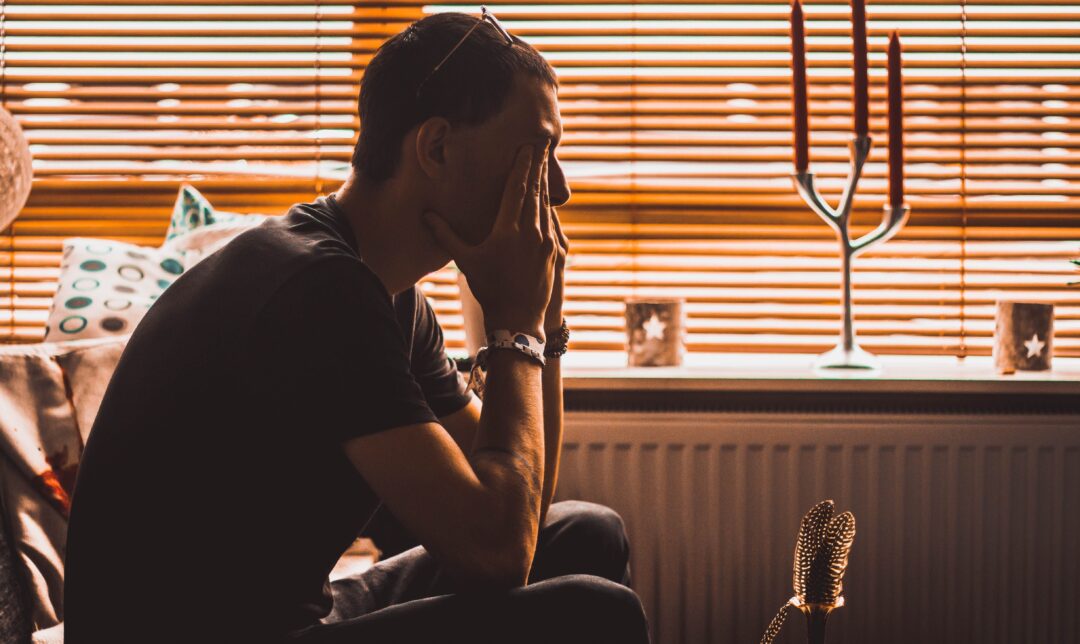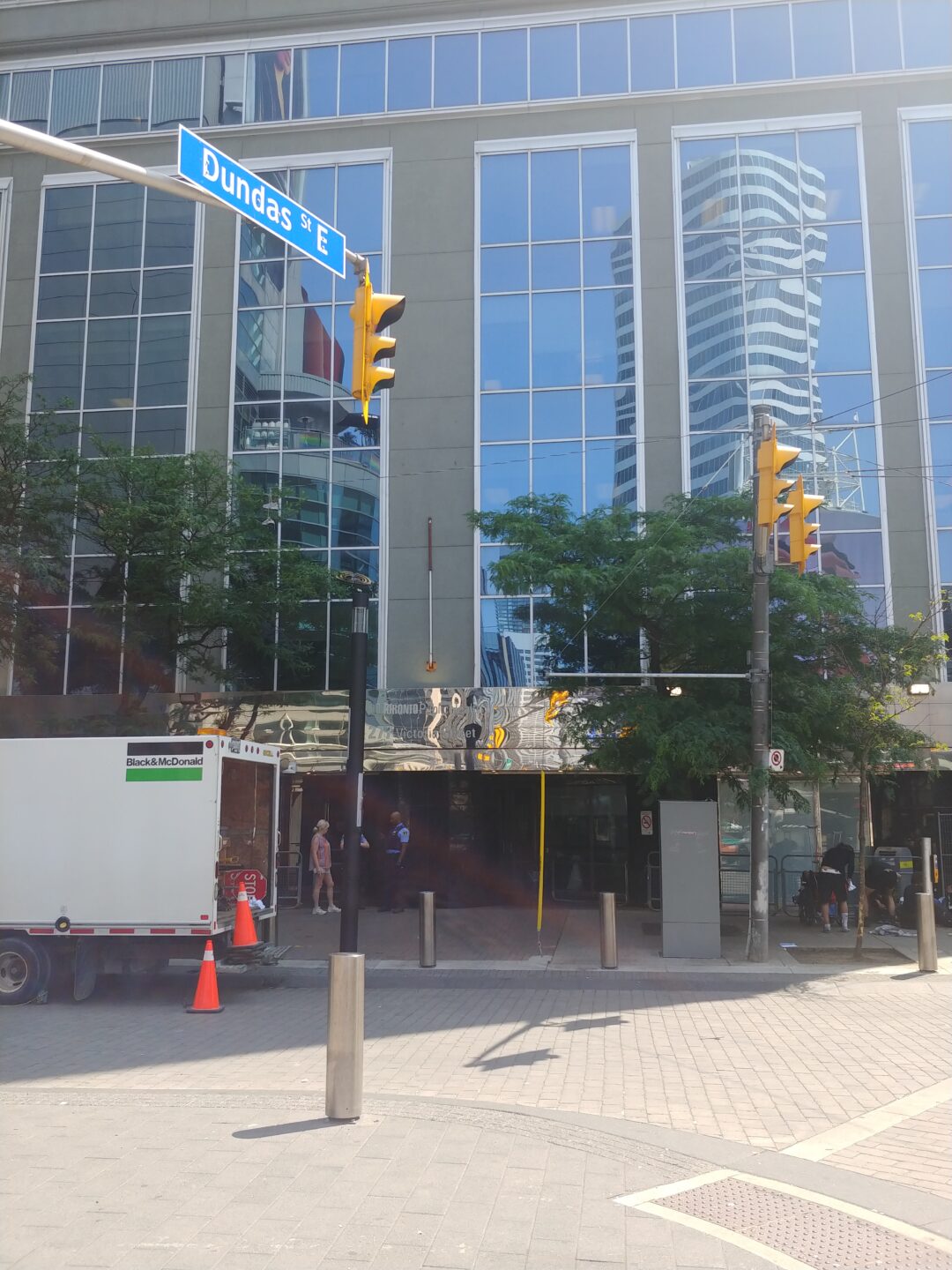By Emma Johnston – Wheeler –
Following a July 7 shooting that took the life of a bystander near the South Riverdale Community Health Centre in Leslieville, neighbours are expressing safety concerns about living near harm reduction facilities in the Downtown East.
Karolina Huebner-Makurat, a mother of two, was killed by a stray bullet amidst an altercation involving multiple suspects including an employee of the centre. One of the three individuals arrested is charged with second-degree murder, while another is charged with manslaughter, robbery and failing to comply with a probation order.
The health centre employee, who the centre says was placed on leave for “unrelated concerns” on August 9, faces one count of accessory to an indictable offence after the fact and one count of obstructing justice.
In a July 25 statement, South Riverdale CEO Jason Altenberg stated that the centre is working with community and government partners to “address these complex and urgent challenges.”
One step is to have community safety teams through One Community Solutions, an alternative security company, outside the building at Queen Street East and Carlaw Avenue.
In response to this incident, the Ontario Ministry of Health is conducting a “critical incident review” of consumption and treatment service sites.
Some local residents say the concentration makes their neighbourhoods feel unsafe to walk. John Dimon, 86, has resided most of his life in Cabbagetown South, now close to the Regent Park Community Health Centre and Street Health Overdose Prevention sites.
“I can remember in the 1940s, ’50s and ’60s, you could take your kids to a park, you could walk your dog at any time of the day, and feel safe. That is not true anymore,” says Dimon, who blames an increase in visible drug use to “lack of political interest in police enforcing existing laws.”
“I will never go out in the dark. I will not walk through Moss Park or Allen Gardens,” he adds, noting that the laneways near his home are often used by drug users.
Dimon feels that spillover from consumption sites presents a danger to visitors, residents and business owners in the neighbourhood, and would like to see funding go to rehabilitative health care. To improve safety in the short term, he says the city should put up warning signs about violence in the Dundas and Sherbourne area.
Other community members propose relocating the sites. John Harris is the founder of the Harris Institute for the Arts, a music industry education leader that has called Moss Park home for 28 years. The Moss Park consumption site, two buildings from his school, “has been a continual disruptive influence” over the years, Harris says, citing multiple break-ins and thefts. “Having people overdosing and passed out on the sidewalk around the school is far from optimal.”
To the relief of Harris and others, the block containing the Moss Park Overdose Prevention Site has been purchased by Dash Developments, which plans to build a 45-storey mixed-use condominium. Harris hopes that the inevitable departure of the Moss Park consumption site will greatly improve the neighbourhood. He’d like all east-end safe injection sites relocated to medical facilities or hospitals.
John Greeniaus, a property owner and landlord who lives around the corner from the Moss Park site, walks by it every morning. This neighbourhood’s concerns are less about personal safety than in Leslieville, he feels, but more to do with economic decline caused by the presence of the site. “Nobody [I know] will go near that corner for business,” he says.
Regarding the proposed condominium, Greeniaus says, “build as high as you want, just help the neighbourhood, just help clean up the situation.” He hopes that needles and people using them will no longer be in the open, and is optimistic that a cleaner neighbourhood will benefit the local economy.
Brooke Silversides and Mike Dunn have lived at Queen and Jarvis for about 13 years, and operate their 1922 Cannabis business directly beside the Moss Park Overdose Prevention Site, which the South Riverdale centre operates. “The concerns we hear from our neighbours are about personal space, but the problem is more about how [these sites] operate,” says Silversides. “The sites need more [government] support for safety.”
Though 1922 Cannabis will be displaced by Dash Developments, Silversides and Dunn hope to stay in the neighbourhood.
After reaching out to several supervised consumption sites in the city’s east end about community safety concerns, the bridge received a response from only Toronto Public Health, which operates one such site (The Works, at 277 Victoria Street). TPH is also responsible for inspecting six sites in Toronto, but not the South Riverdale Community Health Centre in Leslieville, which falls under the jurisdiction of the Ontario government.
TPH told the bridge that it is aware of the Ministry of Health’s planned review of supervised consumption sites, and looks forward to further information from the ministry.




